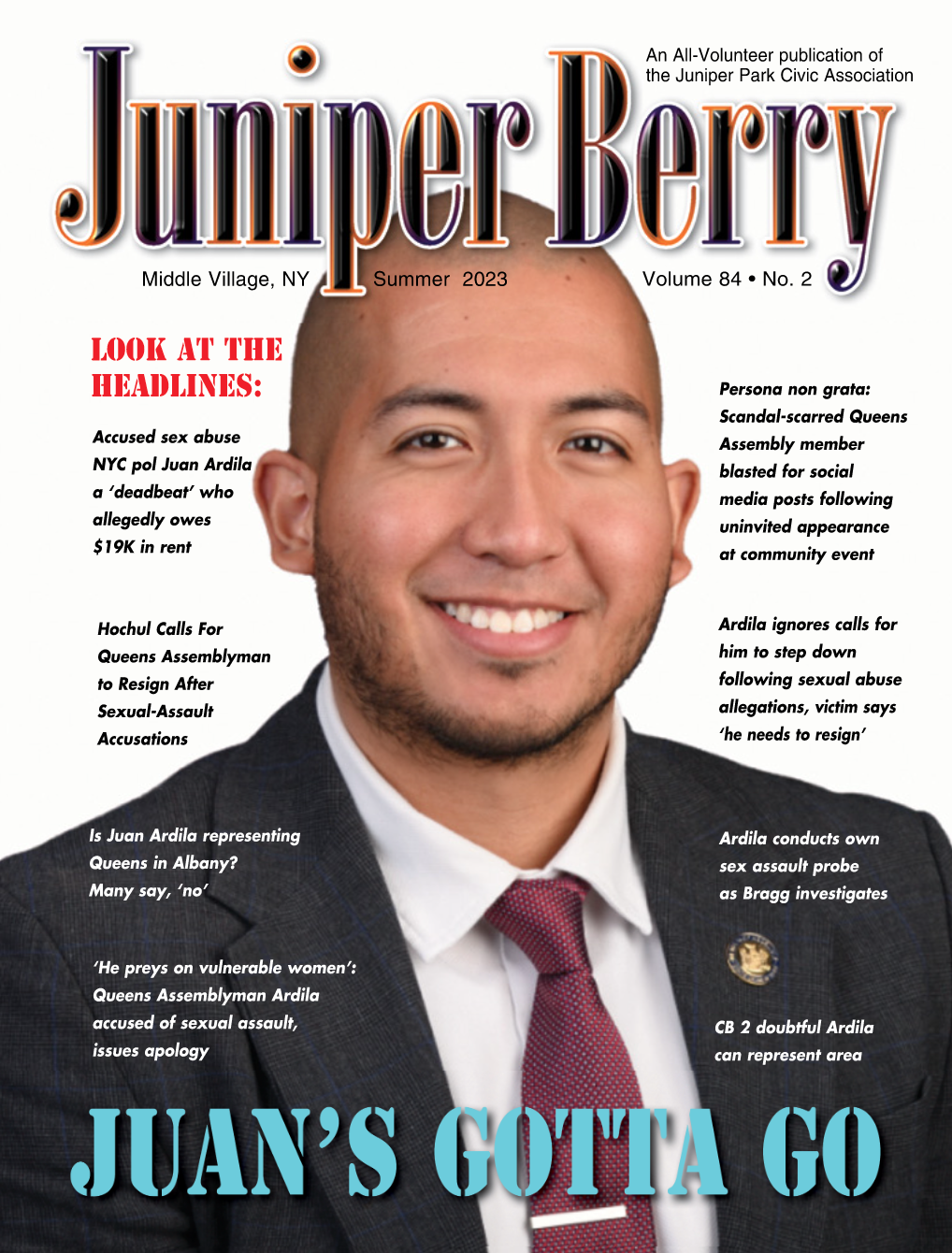FRANCIS LEWIS
Born: March, 1713
Birthplace: Llandaff, Wales
Education: Westminster (Merchant)
Work: Elected to the Continental Congress, 1775.
Born in Wales in 1713, Francis Lewis was partly educated in Scotland and then attended Westminster in England. He entered a mercantile house in London, and then came to New York to set up a business in 1734. He was taken prisoner and shipped to France while serving as a British mercantile agent in 1756. When he returned to America, he became active in politics. He was elected to the Continental Congress in 1775 and served there for several years. He lost all his property on Long Island, New York, to the destruction of the Revolutionary War. He died on the thirty first of December 1802.
PHILIP LIVINGSTON
Born: January 15, 1716
Birthplace: Albany, New York
Education: Graduate of Yale College (Merchant)
Work: Alderman, New York city; Delegate to the Albany Convention, 1754; Delegate to the Continental Congress, 1776; Later, State Senator in New York, Delegate to Federal Congress until 1778.
Died: December 31, 1802
Philip Livingston was born in Albany, New York, on the fifteenth of January 1716. He graduated at Yale College in 1737 and entered the mercantile business in the city of New York. He was a very successful busi- nessman and served his community as an alderman. In 1754 he attended the Colonial Convention at Albany. He was selected as a delegate to the Continental Congress in 1776 and was in strong favor of the Declaration of Independence. After the adoption of a new Constitution for New York State, he was elected to the state Senate. He died suddenly while in attendance at York, Pennsylvania.
LEWIS MORRIS
Born: April 8, 1726
Birthplace: Morrisania (Bronx County), New York Education: Graduate of Yale College (Farmer)
Work: Member of Provincial Legislature; Deputy to New York Convention, 1775; Delegate to the Continental Congress, 1775-77; County judge, Worcester, 1777; Served in New York Legislature, Member of the Board of Regents of the University of the State of New York.
Died: January 22, 1798
Lewis Morris was born in New York in 1726. He inherited great wealth, most of which was lost during the war. He graduated at Yale College in 1746, and returned to the farm of his father, in Lower West Chester, near Harlem. When his father passed on, he became engaged in politics. He served in the Provincial legislature shortly before the troubles with Great Britain began and before it was dissolved by the royal governor. Morris joined with the patriots when conflict began, siding, in many cases, against his wealthy neighbors. He convinced local politicians to send representatives to the re-formed Legislature in April of 1775. That congress appointed delegates to the second Continental Congress, and Morris was one. He served on committees for the defense of New York, one for provisioning colonial forces, and another for Indian affairs. These tasks carried him throughout New England in the first few years of the war. He also served as a brigadier-general in the New York militia and so was often torn between his duties in congress and those to the defense of his own colony. In 1777, he was succeeded in congress by his brother, Gouverneur Morris. He returned to his local duties, later served as a judge in Worcester, and served intermittently as a member of the upper house of the new legislature until 1790. All of Morris’ property and nearly all his wealth had been destroyed in the revolution. Lewis spent several years working to rebuild his farm. He also served on the first Board of Regents for the University of New York. He died in January 1798 at the age of 72.
WILLIAM FLOYD
Born: December 17, 1734
Birthplace: Brookhaven, N.Y.
Work: Soldier; Member of Continental Congress of 1774-76; Member of Congress, 1789-91; State Senator, New York, 1808.
Died: June 12, 1778
William Floyd was born on Long Island on December 17, 1734. His family had emigrated to America in 1654 and by the time of his birth were well established and wealthy. Though he might have received the best education, his father died when he was in his teens, and William was required to take over the operations of the family farm. He was a member of the Suffolk County Militia in the early conflict with Britain, attaining the rank of Major General.
In 1774 he was chosen to represent New York in the first Continental Congress. He served there through 1776, while his property was destroyed in the Revolutionary War. He acquired land on the banks of the Mohawk River after the war though it would be a few more years till he would retire there. In 1789 he was elected to the 1st Congress under the new Constitution, serving until 1791. In 1792 he served as a presidential elector, voting for the re-election of George Washington. He was called to the service of his state as a Senator in 1803. After serving his term he retired to his true passion, farming. He died in 1821.



